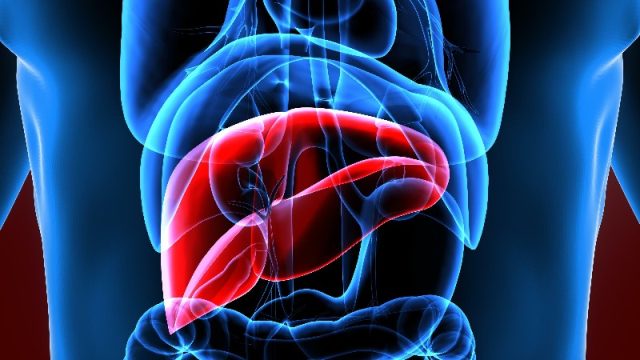Cirrhosis may develop in more patients with detectable HDV RNA than in those without
By Elana Gotkine HealthDay Reporter
THURSDAY, April 4, 2024 (HealthDay News) — The prevalence of hepatitis delta virus (HDV) is high in hepatitis B surface antigen (HBs Ag) chronic carriers detected through annual screenings, according to a study published online March 22 in UEG Journal.
Laura Weichselbaum, from CHU Saint-Pierre in Brussels, and colleagues examined the diagnostic impact of an annual screening for HDV serology in HBs Ag chronic carriers. All chronic HBs Ag-positive patients were tested annually between January 2014 and October 2021 for HDV antibody (HDV Ab). Positive patients underwent repeated elastometry annually. Patients with detectable HDV RNA were compared to those with undetectable HDV RNA (groups 1 [27 patients] and 2 [30 patients], respectively). A total of 610 chronic HBs Ag-positive patients were identified; in 534 patients, repeated screening for HDV Ab was performed.
Overall, 60 patients (11 percent) were HDV Ab-positive at baseline and were considered coinfected. The researchers diagnosed seven cases of HDV superinfection through repeated screening. Cirrhosis was initially diagnosed in 12 of 60 coinfected patients, and during follow-up, it developed in six patients. The cumulative incidence of cirrhosis was 13.8 and 0 percent in groups 1 and 2, respectively, at seven years.
“A systematic screening for HDV in chronic HB Ag carriers revealed a high prevalence of HDV Ab,” the authors write. “Repeated serological screening enables the diagnosis of superinfections in asymptomatic patients. Regular assessment of fibrosis using elastometry leads to the identification of incidental cirrhosis in patients with detectable HDV RNA.”
Copyright © 2024 HealthDay. All rights reserved.



















